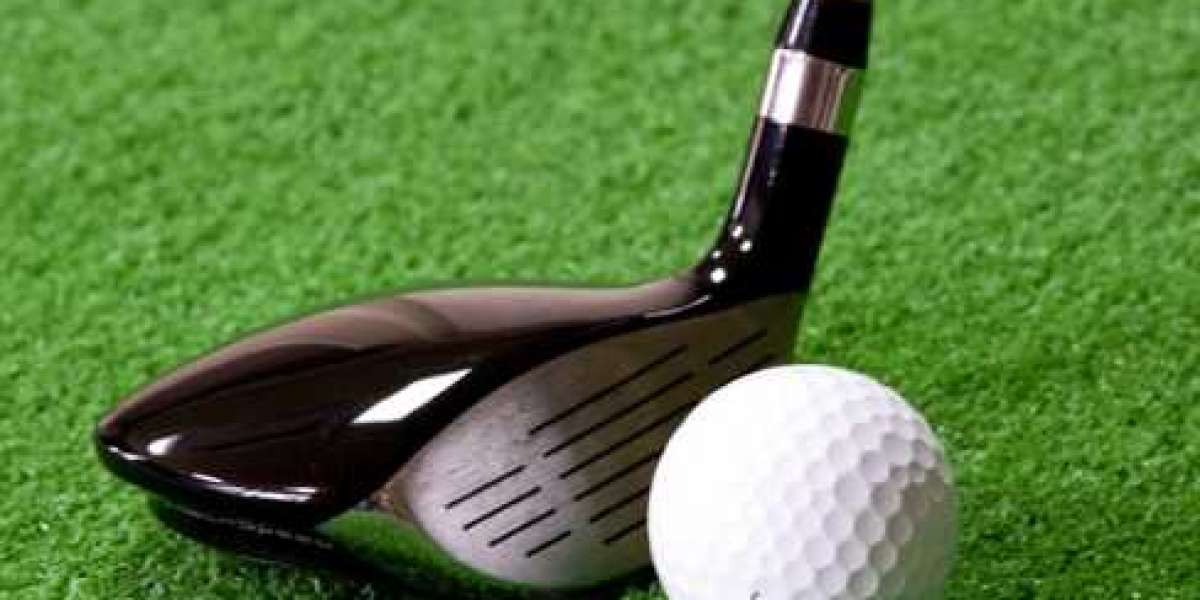When it comes to choosing the right hockey stick, players are often faced with two primary options: carbon fiber hockey sticks and traditional wood hockey sticks. While both materials have their merits, carbon fiber sticks have rapidly become the go-to choice for competitive players and professionals worldwide. But what exactly sets carbon fiber hockey sticks apart from their wooden counterparts? Let’s take a closer look at the benefits of both materials and why carbon fiber sticks are often seen as the superior option.
1. Weight and Performance
One of the most significant advantages of carbon fiber hockey sticks is their lightweight design. Carbon fiber is known for being incredibly strong yet lightweight, allowing players to have greater control, agility, and speed on the ice. A lighter stick means less fatigue over long games and increased maneuverability for quicker shots and passes.
In contrast, wooden hockey sticks are heavier and tend to feel bulkier in the hands. While some players still appreciate the solid feel of a wooden stick, the additional weight can slow down reaction time and performance, especially for fast-paced play.
Winner: Carbon Fiber
2. Durability
Another crucial factor is durability. Carbon fiber hockey sticks are designed to withstand intense impacts, flex, and force without breaking or splintering. This makes them much more durable than traditional wooden sticks, which are prone to cracking, splintering, and losing strength after a few games.
Wooden sticks can wear out quickly, especially with hard shots or rough handling. For players who are serious about the game and want a stick that will last for an extended period, carbon fiber is a clear winner. The long lifespan of a carbon fiber stick makes it a more cost-effective option in the long run, despite the higher initial cost.
Winner: Carbon Fiber
3. Flexibility and Power
The flexibility of a hockey stick is essential for generating power in shots, and this is where carbon fiber sticks truly excel. Carbon fiber allows for a greater amount of flex and energy transfer. The "kick point" of a carbon fiber stick, or the point at which the stick bends during a shot, is engineered to help players unleash faster and harder shots.
Wooden sticks, on the other hand, do not have the same level of engineered flexibility. While wood can still provide decent flex, it is not as optimized for high-performance shots as carbon fiber.
Winner: Carbon Fiber
4. Consistency in Performance
Carbon fiber sticks offer consistent performance throughout their lifespan. Unlike wood, which can warp or change its properties over time, carbon fiber sticks maintain their integrity and performance level. The advanced manufacturing processes allow for precise control over the flexibility, strength, and overall feel of the stick.
With a wooden stick, the performance can change over time due to wear and tear. The material can absorb moisture, lose its stiffness, or break down, which affects the overall performance on the ice.
Winner: Carbon Fiber
5. Customization Options
Another major benefit of carbon fiber hockey sticks is the ability to customize them to fit your specific needs. At Hithunder Carbon Fiber Technology, we offer a variety of custom carbon fiber sports products, including hockey sticks tailored to individual playing styles. Whether you need a specific flex rating, blade curve, or shaft design, carbon fiber offers endless possibilities for customization.
Wooden sticks, however, have limited options for customization. The natural variations in the wood grain also make it challenging to create a consistent feel across all sticks.
Winner: Carbon Fiber
6. Cost Considerations
While carbon fiber hockey sticks are more expensive upfront than their wooden counterparts, they tend to be more cost-effective in the long run. With a longer lifespan, superior durability, and better performance, the investment in a carbon fiber stick often pays off.
Wooden sticks are generally cheaper, but they may need to be replaced more frequently due to wear and damage, especially for serious players who train and play regularly.
Winner: Carbon Fiber (Long-Term Value)
7. Feel and Comfort
When it comes to feel, some players prefer the solid, traditional feel of a wooden stick, which can give them a sense of familiarity and connection with the puck. The weight of the wood provides a sturdy feedback, which some players appreciate for their stickhandling.
However, carbon fiber sticks are designed to offer both comfort and performance. With the added benefits of reduced weight and increased flexibility, many players find that carbon fiber provides a more responsive feel, enhancing their overall comfort during long games.
Winner: Personal Preference – This may depend on the player's individual style and needs.
Conclusion: Carbon Fiber is the Future of Hockey Sticks
In conclusion, carbon fiber hockey sticks offer numerous advantages over traditional wooden sticks. Their lightweight construction, superior durability, increased flexibility, and consistent performance make them the clear winner for most players. While wooden sticks have a nostalgic and traditional feel, they simply cannot compete with the high-performance capabilities of carbon fiber.
At Hithunder Carbon Fiber Technology, we specialize in custom carbon fiber hockey sticks, designed to maximize your performance on the ice. Whether you are a professional player or an amateur looking for an edge, a carbon fiber stick can significantly enhance your game. Contact us today to explore our range of custom carbon fiber sports products and find the perfect fit for your playing style.
Make the switch to carbon fiber and take your hockey game to the next level.







